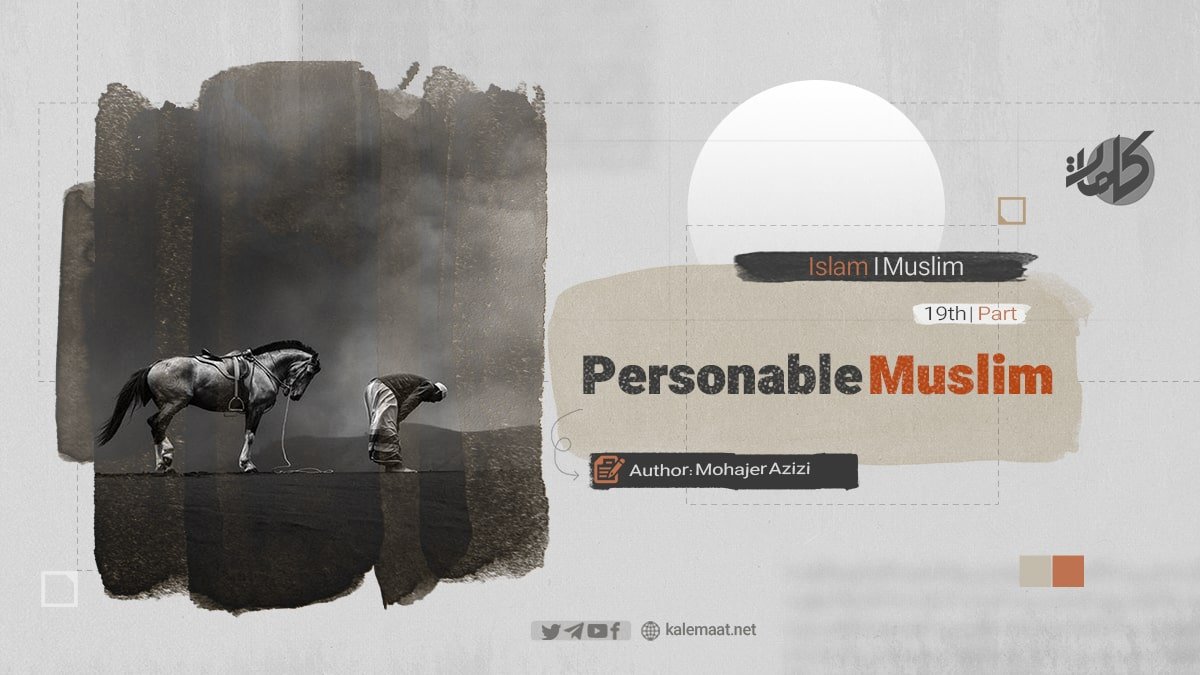Author: Mohajer Azizi
Personable Muslim (19th part)
Treatment of Selfishness and Arrogance
Allamah Mufti Muhammad Taqi Usmani, may Allah have mercy on him, says: “There is a great benefit in remembering death; because it eliminates two important diseases in social life.” Hazrat Abi Darda, may Allah be pleased with him, narrates: By remembering the multitude of deaths, a person is saved from arrogance and envy; you do not consider anyone less or lower than you, and you don’t get into enmity with your Muslim brother. Rather, helplessness, reluctance, and aversion to the world are found, and you become aware of the hereafter and the grave. You become disinterested in this world to the extent that the Holy Prophet, may Allah’s prayers and peace be upon him, showed by his actions.
In ethical books about the treatment of arrogance, two ways are presented: the “scientific” way and the “practical” way:
Scientific way: Arrogant people should think about themselves: Who are they? Where were they? Where do they go? What will be their work in the end? Also, think about the greatness of Allah and see themselves in front of His unique nature. It is mentioned in a narration that Luqman Hakim said to his son: “Woe to the one who is arrogant, how can he think himself great, who was created from dust and returns to dust? Does he not know where he is going? To heaven to be redeemed or to hell to be in doom!” Additionally, study the history of the whole world, about the fate of Pharaohs and Nimrods, and finally, study the work of each one.
Practical way: Try to do the things of the humble so that the virtue of humility takes root in the depths of his being. For example, he should wear simple clothes, eat simple food, sit at the same table with his servants or workers, take the lead in greeting others, be warm with the young and old, and avoid hanging out with arrogant people. Don’t give himself a privilege over others. Briefly, use what is a sign of humility or one of its manifestations in actions and words.
It follows from the above findings that arrogance is a significant sin and one of the behavioral vices. It is strictly prohibited in the verses and traditions, and severe punishments are given to the perpetrators. Arrogance is an abominable phenomenon that puts a person on the brink of destruction and causes him to suffer a bad fate like the proud and arrogant people of history. Therefore, a good-minded Muslim with good character is very sensitive about this and avoids this phenomenon like a deer running away from a lion. He takes precautions, cures it by using remedies, and cultivates humility in his being so that his character is good and worthy.



